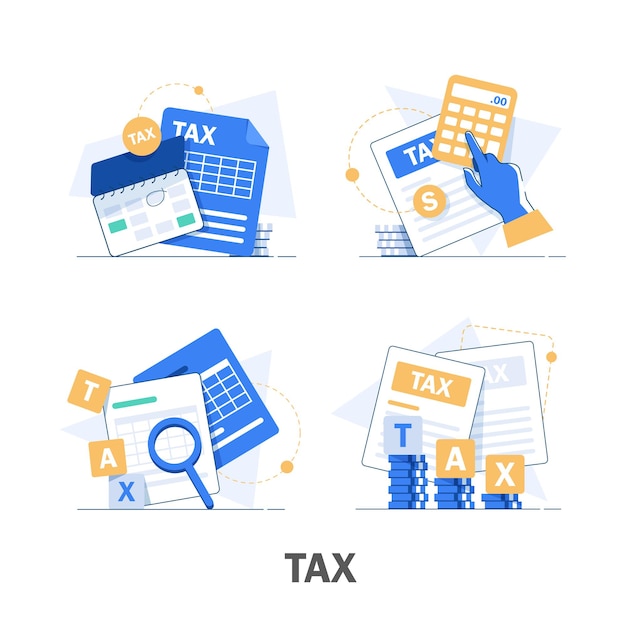
Taxes are an intriguing component of our lives. While disputing their necessity would be tough—it’s hard to ignore their crucial role in running our nation—it’s no less appealing when a substantial chunk of your monthly paycheck goes towards them. When I was employed in a conventional role, I often found myself theorizing about the increased earnings I could enjoy without the burden of taxes. Nevertheless, taxes are an unavoidable reality, and as a U.S. citizen, it’s my obligation to duly remit them annually. That said, there are strategies to economize on your taxes. As tax preparation season nears, you could consider these seven ideas to save on your taxes:
1. INCREASE YOUR CHARITABLE GIVING
It’s true that our altruism should guide us to donate to charity. However, being generous with your money also aids in reducing your tax liability. Choose a charity or a cause close to your heart (recognized by the IRS), and determine a donation amount. Remember to itemize this donation to qualify for tax deductions, and always obtain a receipt or record from your chosen charity. If you choose to donate goods, ensure they are in usable or new condition to deduct their value from your taxes. Not only are you assisting someone in need, but you benefit by lowering your taxable income.
2. BENEFIT FROM YOUR CHILDREN
This may sound peculiar, but the reality is children can provide tax saving opportunities. Raising kids can be expensive, and the government compensates this by offering tax credits available for child care and simply having children. Additionally, alimony payments you’re required to make can be counted as tax deductions.
3. PLAN FOR RETIREMENT
Contributing towards your retirement can significantly lower your tax debts. Your taxable income depends on your salary, but you can divert a portion of these earnings pre-tax into retirement accounts like 401(k)s. By increasing your retirement savings, you can shield some income from being taxed.
4. EMBRACE ENVIRONMENTALISM
Our society continually focusses on becoming more energy efficient for a healthier planet. Besides saving the environment, opting for energy-efficient home improvements can also lead to tax deductions. Upgrades such as installing energy-efficient appliances or switching to solar power can qualify you for tax credits.
5. INVEST IN HIGHER EDUCATION
Pursuing further education can be rewarding, although costly. However, spending on tuition fees or saving for your child’s college fund is typically tax deductible. You may also become eligible for tax credits if you take college courses throughout your life, depending on your income level.
6. MANAGE YOUR INVESTMENT LOSSES
While it’s never advisable to make reckless investments, any losses you incur could come in handy at tax time. You can offset your investment gains, which would normally be taxed, with your investment losses. If your losses exceed your gains, you can additionally offset your regular income up to a specific amount.
7. EMBRACE ENTREPRENEURSHIP
Starting your own business has its tax advantages. Business owners have more control over their tax liabilities. For instance, you can retain earnings within your business, reducing taxable income. Plus, businesses can classify various expenses as necessary, allowing for further deductions. You can consult tax professionals specializing in small businesses for assistance, as the tax rules could be complicated.
Before implementing any of these suggestions, it’s recommended to explore any relevant tax laws and regulations in your state. Taxes can become increasingly complex depending on your circumstances, so professional help might be worthwhile to ensure you save as much as possible. Are you aware of other methods to save on taxes, or have you tried any of these strategies to reduce your tax obligations?


